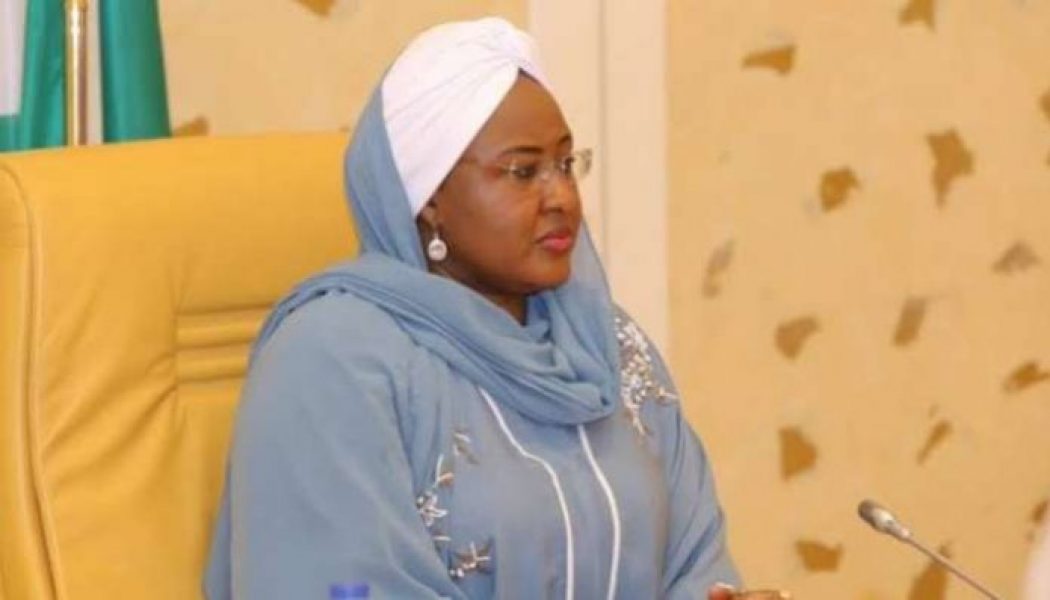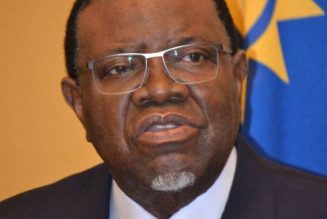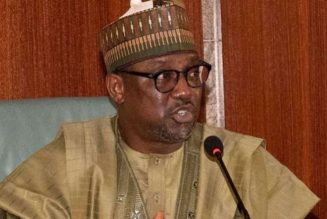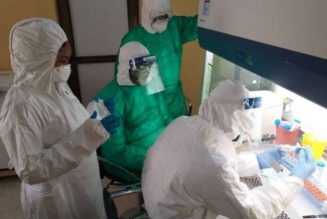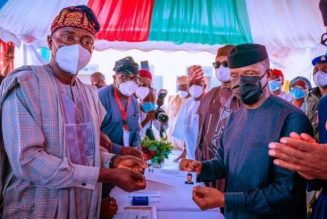
The First Lady, Aisha Buhari, on Tuesday called for concerted efforts through positive action to end the scourge of severe malnutrition in children in Nigeria.
Buhari made the call during a virtual Conference on Malnutrition with the theme: ”Harnessing Innovative Options for Nutrition-Unravelling the Bottlenecks” in Abuja.
The first Lady who was represented by the wife of Vice President Mrs Dolapo Osinbajo, expressed concern over the rising cases of malnourished children in spite of efforts by relevant stakeholders.
”We have the Federal and State Councils on Nutrition chaired by key government officials who ensure that decisions on nutrition related issues are not delayed.
”We have Policies at federal and state levels addressing various aspects of Nutrition as well” she said.
Buhari said government cannot tackle the situation alone hence the need for private sector participation to addressing the scourge of acute malnutrition among children in Nigeria.
She therefore expressed the need to creating a sustainable mechanisms for optimizing resources available for improving nutrition especially for vulnerable children.
”I am also hopeful that we will all innovate and harness the current funding avenues for a more strategic and sustainable financing of nutrition in a multisectoral approach where everyone is aware of their roles and are held accountable for it” she said.
In his address, The Chairman, National Council on Nutrition and Vice President Prof. Yemi Osinbajo, underscored the need for increasing domestic financing from federal, States and Communities to addressing malnutrition.
Osinbajo said, effort must be made to sustain funding towards addressing malnutrition in Nigeria.
He expressed confidence that one of the ways to tackle malnutrition in communities is to educate the women whom are mostly the nursing mothers.
The Vice President also emphasized the need for nursing mothers to get the requisite education for better outcome.
According to him, information on nutrition can be helpful to low-income women in the rural communities.
